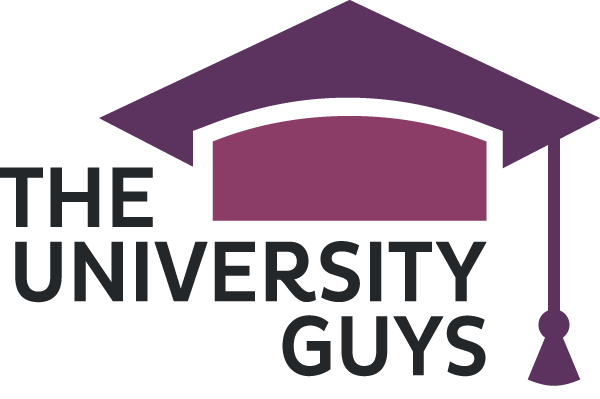I’ve been thinking a lot in the last week about complexity. So often in our fast-paced, globally-connected, social media world, we’re told that you need to grab someone’s attention and focus on a few key messages. People appearing on TV are steered by their producers away from using long words that might not be understood, radio journalists cut off someone in the midst of giving a detailed description because they need to get to the news on the hour mark, and 140 character notifications try to sum up the nuance of a particular breaking news story.
A couple of interactions from the last few days have made me reflect on this.
As a single-parent, a lot of my life revolves around the morning and afternoon school-run, and with the US college cheating scandal making headlines here, I’ve had conversations with a few other parents at the school gate about it. What they’ve understood from seeing brief snippets can be summed up as ‘parents pay money to get their kids into university’, something which though technically correct wouldn’t be an accurate reflection of the situation (of which more here).
In a similar vein, I saw a social media post earlier this week about a group of universities who had visited Eton College, a school founded by Henry VI, which referred to that king’s “legacy.” Well, as a history graduate who had one of his best terms studying Late Medieval English History (under the peerless Benjamin Thompson), when I see Henry VI’s legacy referred to I would put the foundation of Eton a long way behind the collapse of English kingship, the start of the Wars of the Roses and a series of usurpations which tore apart the very fabric of the English constitution, something only resolved with the successful inheritance from Henry VII to Henry VIII in 1509. So again, the statement on the Facebook post was correct, but it was a long way from being accurate.
The snapshot, Wikipedia-snippet view of life is one which can cause issues in understanding the world around us, but in my line of work it can also mean that students, parents and counselors can sometimes miss something that’s right in front of them.
For example, a student I am working with this year to support her UCAS applications was denied by her top-choice university, despite having requested an alternative offer should she not be selected for her first-choice course there. She was denied, but something felt wrong to me: had the admissions officer actually noted her request to be considered for another course? I think that many families and counselors might have just taken the view that a no is a no, but for me – knowing a little more about how admissions works at this particular UK university – I strongly suspected a mistake had been made. On making contact, my view was proved to be correct, and the student now holds an offer which she is on track to meet.
More widely, when considering university applications we need to always dig below the surface. A future episode of my podcast will talk about how it’s possible to hack the IB Diploma (you can take four languages and get a valid diploma, but not three arts or humanities), and in so many areas of my work there are areas where just accepting a view which is correct on one level, but not accurate when explored further, is important.
Most notably, I see this with students I work with at schools here in the UK who are applying to the United States but are also going through UCAS. They most likely have an SAT or ACT score, and hopefully it’s pretty strong. SAT subject tests will also be high, one might assume. However, very rarely will students add these scores to the Qualifications section of their UCAS application. The application that they will submit will be correct, but without this additional information it won’t be accurate.
Now bear in mind that Cambridge, in particular, used to place a huge amount of weight on how students had performed in their AS exams, and had to put in place a new system once AS levels were (mostly) killed off. They wanted some assessment of how well a student was performing in their Lower Sixth / Year 12 subjects, as an additional filter. Wouldn’t a stellar ACT or SAT score serve the same purpose? For highly competitive courses around the UK, wouldn’t giving the university more information about your academic strengths be a good idea?
UK universities make offers based on US qualifications, and have entry requirements for them. Yes you might be doing A Levels, Pre U or the IB, but if you have ACT or SAT as well, why wouldn’t you make your application not merely correct, but fully accurate, by giving the UK universities more detail about your academic strengths? It could even form part of your offer which, in the complicated situation of UK terminal examinations, might be very welcome.
So being correct is good, but being accurate is better.









